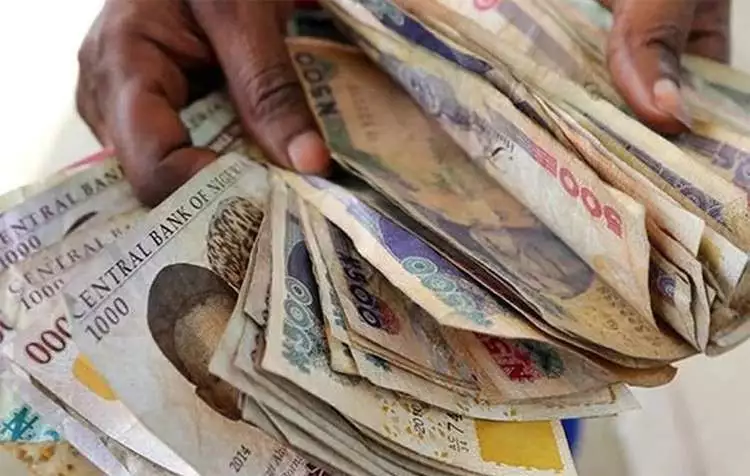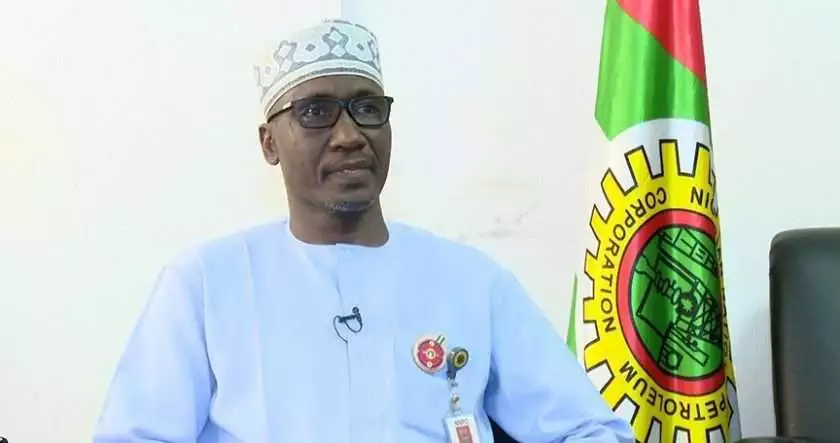By Uche Mbah
The International Monetary Fund, (IMF), Monday advised Nigeria and other African countries to devalue their currencies if they must play in the global scale.
The Naira has been under pressure by international currencies, especially the dollar, with a slow but steady slide. Currently, it fluctuates above N500 to the dollar.
Analysts had predicted an exchange rate of a thousand Naira to the dollar before 2023.
The IMF which is due to release fresh global economic forecasts on January 25, advised the CBN and other Central Banks of emerging markets to be open with their plans to tighten policy, particularly those with high profile debts denominated jn foreign currencies.
In a post published on Monday, the IMF urged central banks to clearly and consistently communicate their plans to tighten policy, adding that countries with high levels of debt denominated in foreign currencies need to allow market forces determine the currency exchange regime.
In a statement, they cited the omicron variant as an additional pressure on the supply side of inflation.
“These changes have made the outlook for emerging markets more uncertain. These countries also are confronting elevated inflation and substantially higher public debt,” the IMF said.
“Average gross Government debt in emerging markets is up by almost 10 percentage points since 2019 reaching an estimated 64 percent of GDP by end 2021, with large variations across countries.
“But, in contrast to the United States, their economic recovery and labor markets are less robust. While dollar borrowing costs remain low for many, concerns about domestic inflation and stable foreign funding led several emerging markets last year, including Brazil, Russia, and South Africa, to start raising interest rates.
It noted that the inflation curve may flatten by the middle of the year to to better supply initiatives.
“Should policy rates rise and inflation moderate as expected, history shows that the effects for emerging markets are likely benign if tightening is gradual, well telegraphed, and in response to a strengthening recovery,” it said.





